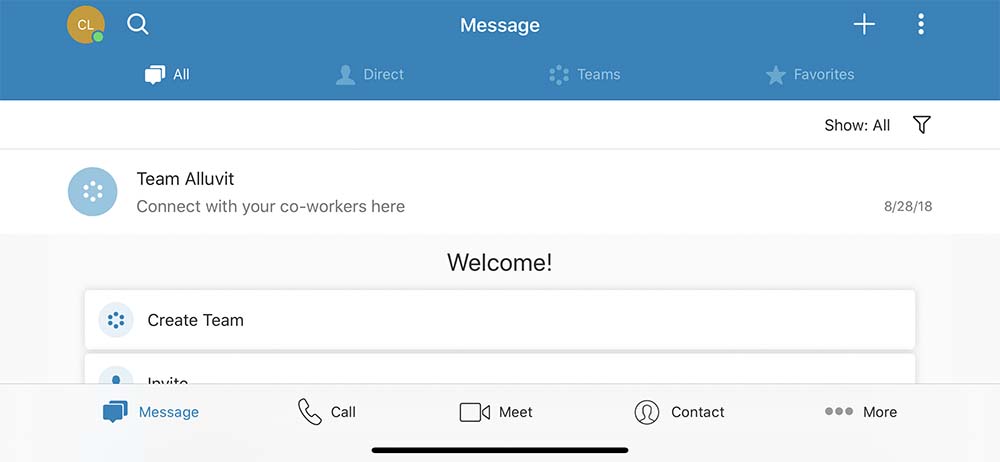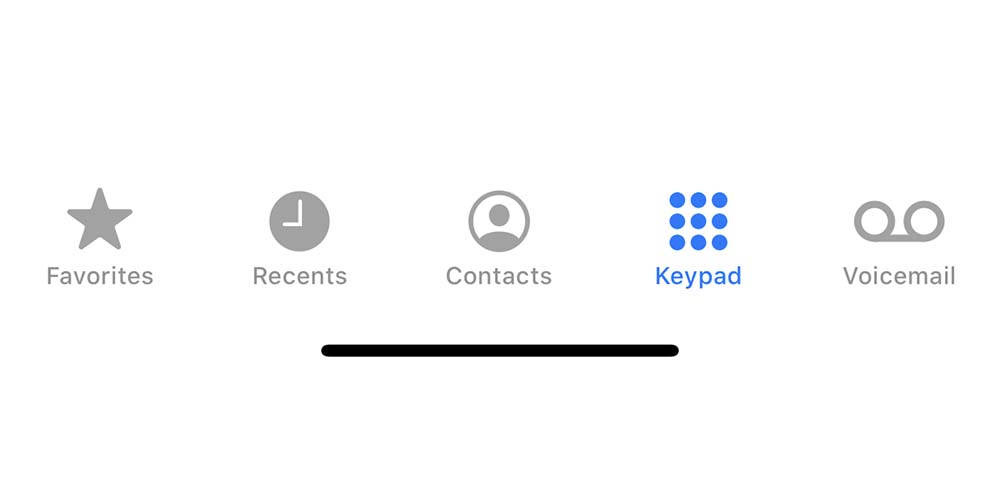
Business Phone Systems
When you are first starting out your new business, using your personal phone for professional correspondence is a simple way to reduce costs and stay connected even while you're away from the office. However, as your business grows, using a personal phone service will gradually become difficult, particularly as you begin to add employees.
Business phone systems are a common sense solution that will improve your company's ability to stay in contact with customers, while simultaneously maximizing your team's ability to communicate. Modern phone systems are a lot more involved than adding a couple of extra lines, so our team has put together a number of articles to help you understand the costs and benefits of switching over to a phone system that is tailored to your business' needs.
Frequently Asked Questions
What type of business phone systems are available?
There are three main types of telecommunication networks that businesses often choose between when they are investing in new phone service. The three service options are: Private Branch Exchange (PBX), Public Switched Telephone Network (PSTN), and Voice-over-Internet Protocol (VoIP). Each has its own unique algorithm and way of connecting that may influence your decision.
What is a Private Branch Exchange (PBX) phone system?
Private Branch Exchange is a popular option for businesses that handle sensitive information, such as banks, law offices, or doctors. This is because a PBX line feeds directly to the business office. If your company were to select this phone-line, it requires you to install a PBX system directly into your place of operation, meaning that incoming calls go directly to your office. This is unique from the other services because, unlike the others, it doesn’t require calls to go to a 3rd party station or through the Internet first before the call is sent to your company’s office. A big advantage that PBX has over PSTN is that it is one of the most secure types of phone lines.
What are the main types of business phone systems?
The main types are public switched telephone network (PSTN), private branch exchange (PBX), and voice-over-internet protocol (VoIP). PSTN is a mode of telecommunication that comprises a large, interconnected system filled with thousands upon thousands of cellular networks, telephone lines, circuits, and more. PBX refers to a telephone system that utilizes local lines to deliver calls but it is specifically localized to a company building, creating an internal system that connects the people within the business. VoIP is a technology that capitalizes on the digital foundation created by the Internet, allowing people to make cheap or free voice calls and other voice communications.
Why should I use a business phone system?
Business phone systems are crucial for creating a professional and effective business model. Answering customer phone calls from your personal phone may appear to be a simple solution, but it won't be effective for long. A business phone system should be built into your five year plan to ensure that customers are reaching you and your employees through a controlled medium where customers can expect quality service. Over time, you can expect your business phone system to facilitate company communication and maximize your ability to provide consistent customer care.
What features are typically included in a business phone system?
The features provided by your business phone system will depend on your service provider and the package you select. Basic phone systems typically offer multiple lines and a customized voicemail service. More sophisticated packages may include automated attendants, conference calling, and hold messages. These additional features are especially useful for businesses with high call volume and multiple departments.
How much should I expect a business phone system to cost?
The cost of a business phone system varies widely. On average, the most basic phone systems will run between $100 and $250 per phone, while you can expect more advanced systems to cost up to $1,000 per user.
What should I look for when comparing business phone systems?
When you're shopping for a new business phone system, it's far too easy to think about your immediate needs instead of your future needs. To pick the best system for your business, consider where your business is going to be in five years. Ask potential providers how easy it is to upgrade or expand their business phone systems. Ideally, you should purchase a system that will not require a complete replacement system once you're ready to upgrade.
How do I make effective voicemail and on-hold messages?
When you're first drafting your voicemail and on-hold messages, think of the most common questions posed by customers. Do your best to answer these questions. Hours of operation are especially useful in a voicemail message while FAQs should be reserved for your on-hold messages. By answering basic questions while the customer is on hold, you'll reduce the total number of calls that your staff has to answer. On-hold messages are also great for PSAs, especially for medical offices and other services that focus on public health and safety.
What is a VoIP business phone system?
A VoIP business phone system is defined by its use of broadband internet versus regular phone lines. By using your internet connection as the anchor for your phone system, VoIP systems are easier to install and can be easily scaled up as your needs evolve. In addition, VoIP systems offer more features than your traditional, multi-line system, including virtual receptionists and call forwarding.



